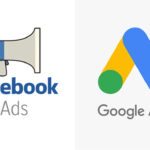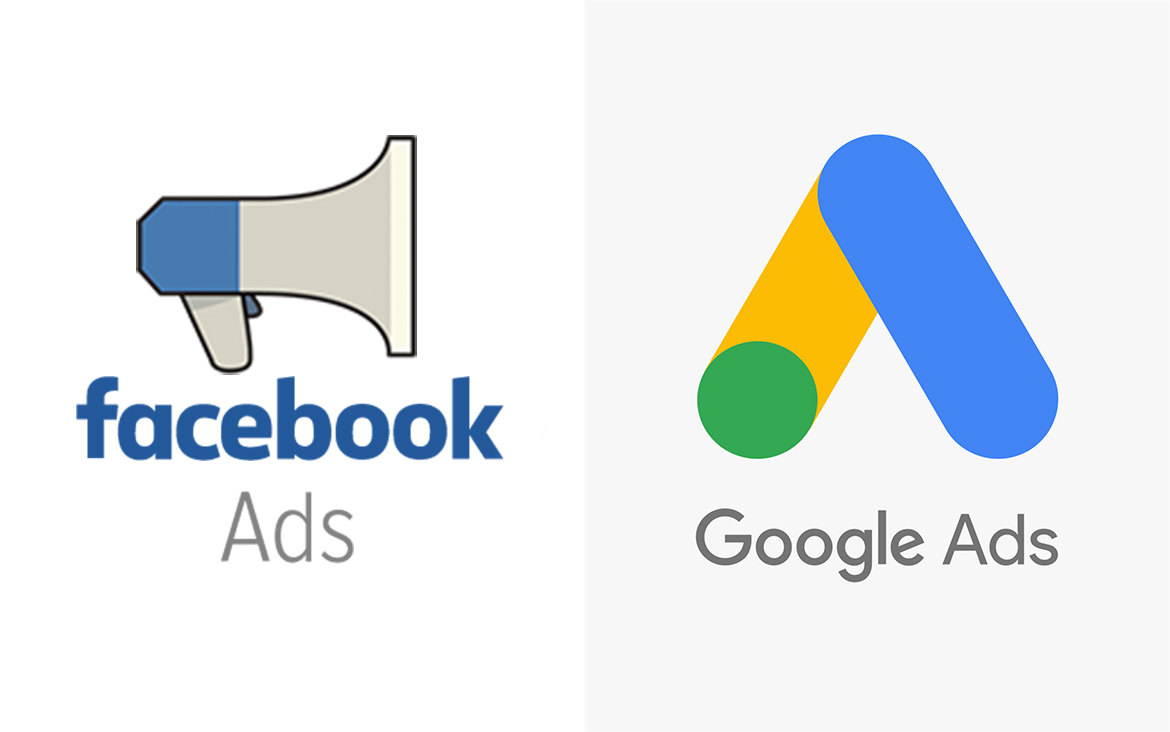
Factors That Determine Successful Google Adwords Campaign
With an estimated 5.6 billion searches every day, Google is the most used search engine worldwide. Businesses may enhance their organic Search Engine Optimisation (SEO) so that their web pages rank better when wanting to stand out in this sea of searchers, but this can take time to do right. You may reach customers more quickly by quickly customizing your campaigns using Google Pay-Per-Click (PPC) advertisements.
Potential leads or clients who are interested in the product or service are shown adverts through Google search. The search phrases or keywords that receive the highest bid from advertisers are shown first in the search results pages.
Therefore, even if a company ranks organically for a certain search phrase, their results may still appear lower on the page than those of rivals who have bid on the same keyword. The efficiency and performance of Google PPC search ads are influenced by a variety of factors. Here, we look at the essential components:
AdRank
AdRank, which is one of two factors—the other being bid amount—that influences your AdRank, determines where your advertising will appear. The greater the value, the higher will be the ranking of your ads and hence more people will see your ad, and the more likely it is that they will click it.
Clickthrough Rate (CTR)
Before letting your advertisements on Google AdWords, you should consider a few additional criteria now that you have a bid value and have configured ad extensions. How well Google anticipates your ad will perform for a keyword is another aspect that affects an ad’s quality and ranking. In particular, what percentage of users are most likely to click on your advertisement and visit your website (a.k.a. expected clickthrough rate).
Based on the historical performance of that term both within your own account and across the accounts of other advertisers, Google creates a prediction. Using this information, you may decide whether or not a certain term is important enough for your ad to use it. The aim of the searcher must be closely matched with keywords. This is due to Google matching your advertisement with searches depending on the terms you choose.
Cost
In Google Ads, the term “cost” has the same meaning as it does in everyday life. It is equivalent to the sum you are paying. Cost per click (CPC) You pay Google a specific sum of money each time a person clicks on your advertisement. The term for this is cost per click, or CPC. A well-optimized campaign should result in a decreasing cost per click over time, making CPC an intriguing indicator. By dividing the cost of your clicks by the total number of clicks, you may get your average cost per click.
However, it’s not actually that simple. Your bid, quality score, and ad rank will determine how much money you must pay. Your bid is the most money you’re prepared to spend on a click. Google assigns a quality score, which ranges from 1 to 10, based on how pertinent your advertisement, landing page, and keywords are.
Ad Relevancy
Ad relevance measures how well your ad content relates to your associated keywords, which is quite comparable to projected CTR. If you expressly mention a free delivery offer in the bakery ad but also use the keywords “local bakeries,” the relevancy isn’t particularly high. In general, someone who searches for “local walk-in bakery” or “bakery near me now” is probably not interested in online shopping.
Experience with Landing Pages
The last piece of the jigsaw won’t be seen on your actual ad, but it’s crucial to figuring out where your ad will rank. When a consumer clicks on a text ad, they are sent to a website where they may, presumably, continue their shopping spree. Even if you have a compelling advertisement, ideal keywords, as many extensions as you can fit in, and a competitive price, a subpar landing page might negate all of these advantages.
Impressions
An impression is made every time your ad is shown and seen by a user on Google. The most effective technique to boost marketing budget is to increase impressions. As a consequence, you could perform better on Google, improving your visibility. Although money matters in this situation, the most crucial elements are ultimately ad quality and relevancy. If Google decides that your audience isn’t relevant, it won’t display your ad prominently enough, which will lead to low impressions and poor performance.
Conclusion
Knowing your stats will ultimately determine whether any advertising campaign you undertake is successful or not. To build up a successful Google Ads campaign, the first (and most important) step should be to calculate your unique business figures. However, a lot of companies omit this stage and jump straight to putting up the major elements of the campaign, such as keywords, advertising, and landing pages.






